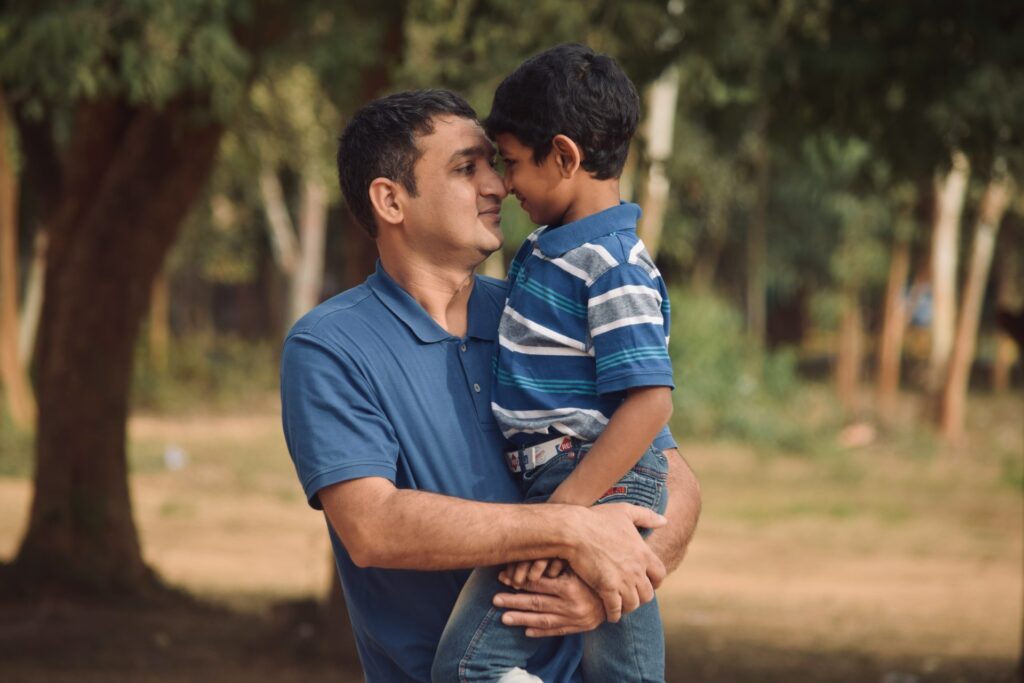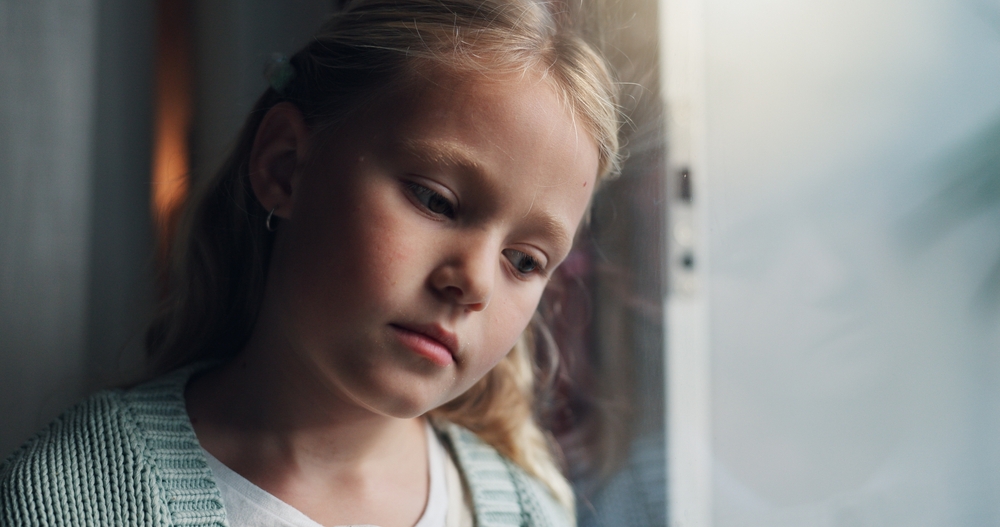Growing up, the words spoken by parents, guardians, or authority figures can leave a lasting imprint. Certain phrases, when repeated often, can indicate an environment where childhood emotional needs were overlooked or where control and criticism were more common than warmth and understanding. While some may seem harmless on the surface, hearing them regularly can shape the way a child thinks about themselves and the world. Here are seven phrases thoat, if they felt normal to you, may point to a childhood that was not as emotionally healthy as it should have been.
1. “Stop Crying or I’ll Give You Something to Cry About”

This phrase is often meant to silence a child’s emotions rather than address the reason they are upset. Instead of teaching emotional regulation, it can send the message that feelings are a sign of weakness or something to be punished. Over time, children who hear this may learn to suppress emotions to avoid conflict. Suppressing emotions for long periods can lead to anxiety, difficulty forming close relationships, and trouble identifying personal needs later in life.
2. “Because I Said So”

While every parent may use this phrase occasionally out of frustration or urgency, consistently hearing it can signal an authoritarian approach to parenting. This style emphasizes obedience over understanding and discourages open communication. Children in this environment may grow up without developing strong critical thinking skills or the confidence to question unfair rules. In adulthood, they may struggle to assert themselves or set boundaries because they were never encouraged to express opinions in a safe way during childhood.
3. “You’re Too Sensitive”

This statement can invalidate a child’s natural emotional responses and teach them to doubt their own feelings. Instead of being guided on how to process emotions, children may learn that their reactions are wrong or exaggerated. This can create a lifelong pattern of second-guessing emotions, apologizing unnecessarily, or feeling ashamed for being affected by hurtful behavior. It can also make it harder to trust others, as they may expect their feelings to be dismissed.
4. “Children Should Be Seen and Not Heard”

Historically, this phrase reflects a belief that children have little value beyond obedience and quiet presence. Growing up under this mindset can limit a child’s sense of self-worth and discourage them from sharing ideas, needs, or creativity. In adulthood, individuals may feel invisible in conversations, hesitant to speak up in group settings, or uncomfortable taking up space in any environment. This can impact careers, relationships, and overall self-esteem.
5. “You’re Lucky You Have a Roof Over Your Head”

While gratitude is an important value, using basic necessities as leverage can create a transactional view of love and care. This phrase can imply that a child should accept any treatment because their material needs are met. It can lead to confusion about healthy relationships, where love and respect should be unconditional. As adults, people who heard this often may tolerate poor treatment from others because they have been conditioned to believe survival needs outweigh emotional well-being.
6. “I’ll Love You If…” or “I’m Proud of You When…”

Conditional approval teaches a child that love must be earned through performance, perfection, or compliance. This can cause a deep-seated fear of failure and a constant need to prove worth. Instead of developing self-acceptance, these children may become overly focused on achievements or pleasing others. As adults, they might experience burnout, people-pleasing tendencies, or an inability to rest without feeling guilty.
7. “That Didn’t Happen” or “You’re Remembering Wrong”

When caregivers deny a child’s reality, it can lead to long-term confusion and self-doubt. This is a form of gaslighting, even if unintentional, and it can disrupt the development of trust in one’s own memory and perception. Over time, the child may feel disoriented in relationships and unsure of their own judgment. This can make them more vulnerable to manipulation in adulthood because they are used to having their reality questioned.
Shaping Your Emotional Health

If these phrases were common in your upbringing, it does not mean your parents or guardians were intentionally trying to harm you. In many cases, they may have been repeating patterns from their own childhood. However, recognizing the impact of these words is the first step toward understanding how they shaped your emotional health. Healing often involves learning to validate your own feelings, set boundaries, and create relationships built on respect and empathy. While you cannot change the past, you can rewrite the way you speak to yourself and to others, building a healthier emotional environment for the future.
Read More: 12 Childhood Habits Adults Should Start Doing Again
Disclaimer: This article was created with AI assistance and edited by a human for accuracy and clarity.
Disclaimer: This information is not intended to be a substitute for professional medical advice, diagnosis or treatment and is for information only. Always seek the advice of your physician or another qualified health provider with any questions about your medical condition and/or current medication. Do not disregard professional medical advice or delay seeking advice or treatment because of something you have read here.

